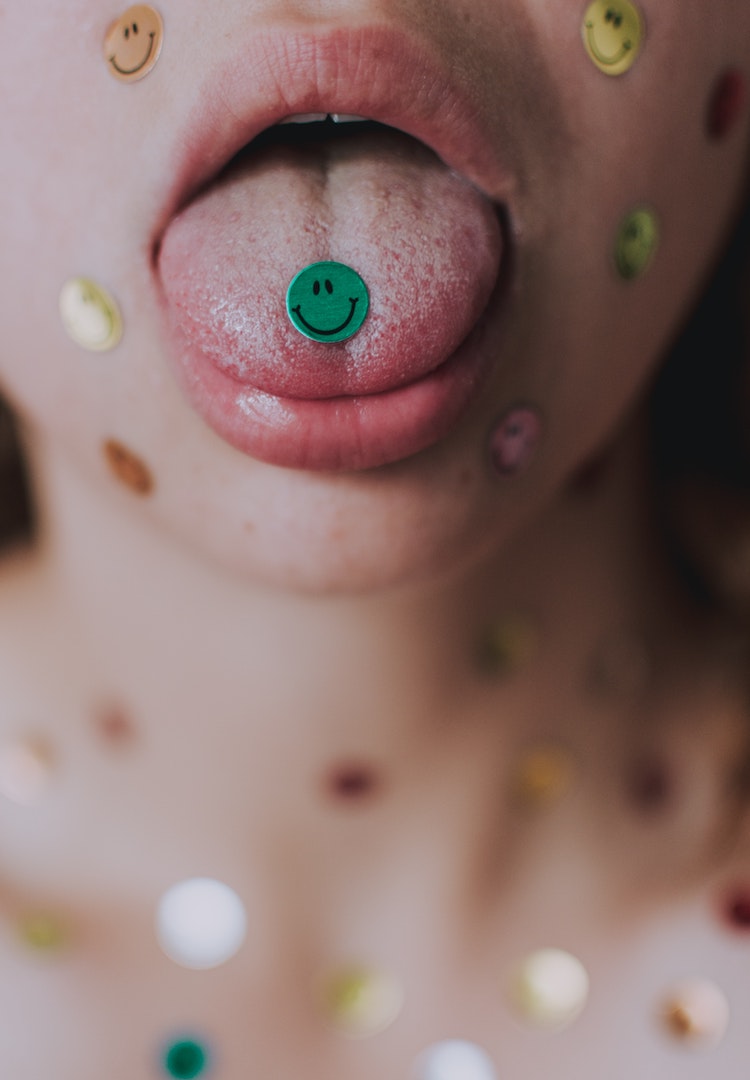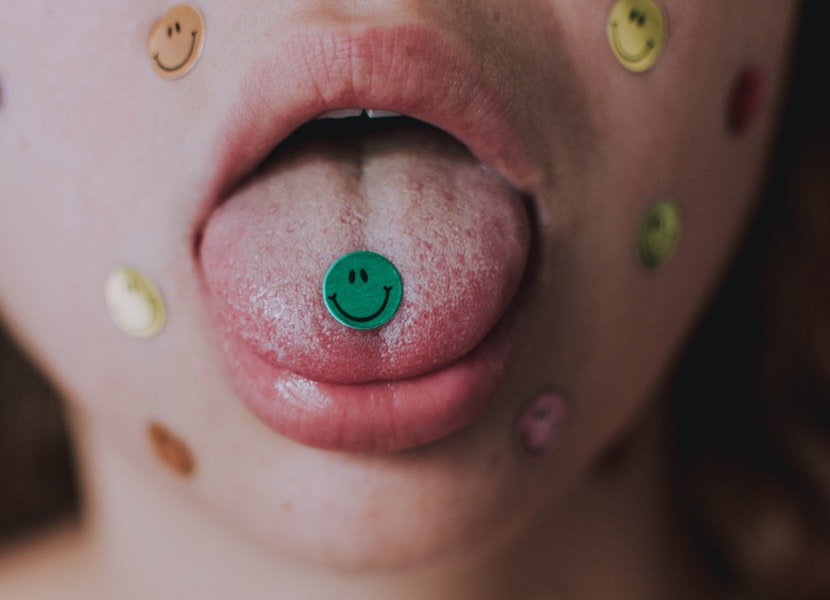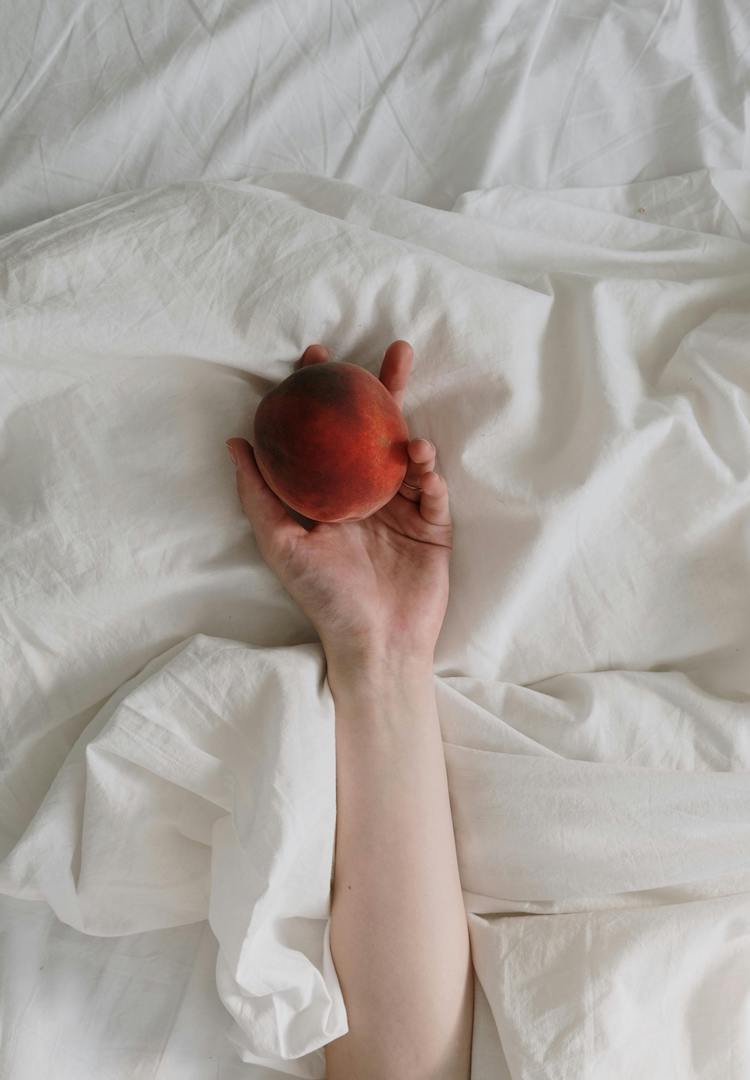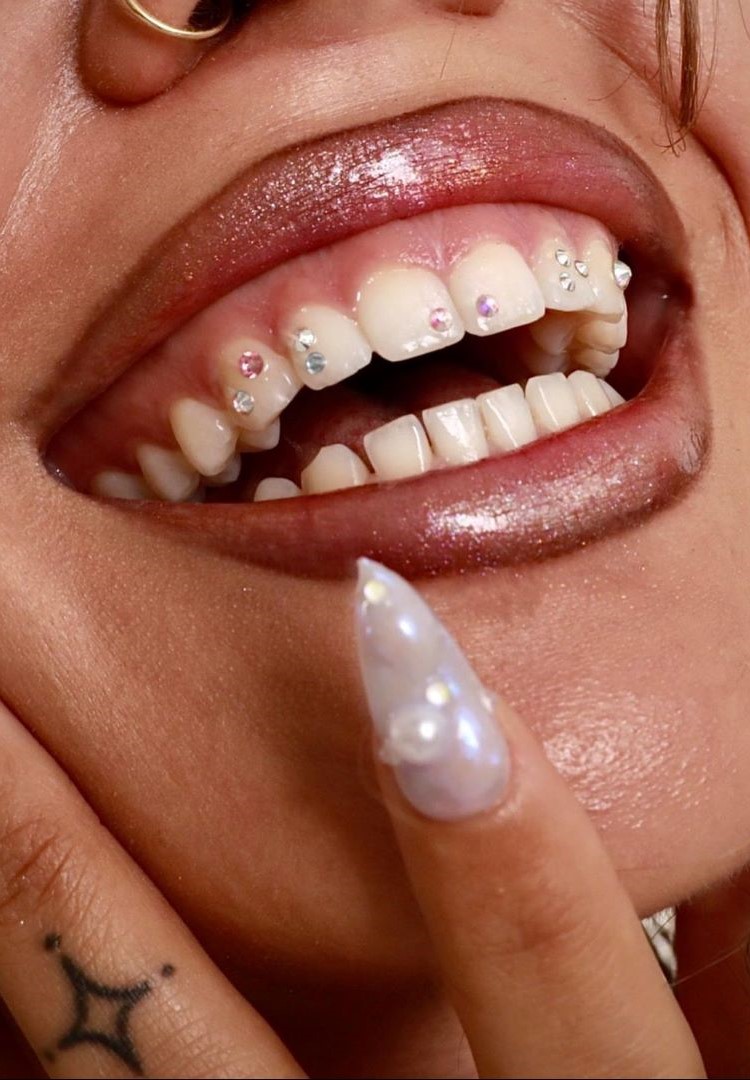Should you be tongue scraping? An oral health expert weighs in
WORDS BY BAILEY PETTS
“The tongue harbours up to 90 per cent of the bacteria that can cause bad breath.”
When I was growing up, my teeth grew faster than the rest of me which compelled my dad to tell me – as a nighttime mantra to soothe my frustrations – “You will grow into them, I promise.”
As I battled with the Picasso-like composition of my face, I wondered how I could improve the appearance of my teeth. That’s when I became focused on oral health, or more specifically, how to get the whitest teeth around. If my teeth were going to be oversized, then they at least needed to be sparkling white.
Kickstart your wellness journey over at our Health section.
So there I was, aged 10, burning my gums with whitening strips and using a pink toothpaste that had the spice level of vindaloo curry. Then came the floss, the electric toothbrushes and using the bit on the back of a manual toothbrush to brush my tongue. Unfortunately, this routine made me look like a baby Simon Cowell.
In the years since I’ve adopted a more sane approach to oral health but remain intrigued by dental-related tips and tricks. I need to be – I have to balance out the trifecta of challenges I throw in my mouth’s path (cigarettes, red wine and black coffee). So when I discovered tongue scraping and learnt about all the amazing benefits (not just for your mouth), I felt like I had reached a new level of oral hygiene. To find out more, I spoke to Oral Health Therapist Emma Cubis, who broke down the power of tongue scraping.
What is tongue scraping?
Though it sounds like a medieval torture technique, tongue scraping means removing bacteria, excess food and dead cells from your tongue using a curved tool. “Plaque sits on our tongue as much as it does our teeth, and the tongue is responsible for harbouring up to 90 per cent of the bacteria that can cause bad breath,” Emma explains.
What’s the difference between tongue scraping and tongue brushing?
“Tongue brushing typically involves using your toothbrush or electric brush whereas proper tongue scraping involves using a specifically designed tongue scraper. They tend to be U-shaped, long and slender and are more effective than using your toothbrush,” Emma tells me.
Tongue scraping is an ancient Ayurvedic practice and has been practised for centuries in many parts of India, Africa, Europe and South America. As with many aspects of traditional Indian medicine – from which Ayurvedic practices stem – there are benefits for the whole body. So it’s not just your tongue that’s getting healthier.
The benefits of tongue scraping
As it cleans your tongue, a typically neglected area of the mouth, from bacteria and debris, there are quite a few benefits, some of which might surprise you.
Improved sense of taste and better digestion
If you clear all that gunk from the surface of the tongue, a study has shown that you should be able to taste your food and drink better, which is a great perk. And surprisingly, tongue scraping can also improve your digestion. “The bacterial connection between the oral microbiome and the gut microbiome is incredibly significant. The mouth is a gateway to the gut and better gut health begins in the mouth,” explains Emma.
“When there is an increased level of bacterial buildup in the mouth this bacteria flows through to your gut and can cause a myriad of issues. Brush, floss and tongue scrape not just for your teeth and gums, but for your gut health and overall health.”
Reduced bad breath
Bad breath is the ultimate ick. Including tongue scraping alongside brushing and flossing will help stave off any unpleasant scents. A study has even shown that tongue scraping is more effective at reducing the bacteria that cause odour than brushing. But that doesn’t mean you should only do one or the other. Brush, floss and scrape!
What should we use to scrape our tongues?
“There are several tongue scrapers available – plastic, stainless steel and copper,” she says. Emma’s go-to? “A copper tongue scraper as copper has antibacterial and antimicrobial qualities.”
Can it damage your tongue?
“If a tongue scraper is used properly, no,” Emma says. “If you are super aggressive, you could aggravate the soft tissue but tongue scraping won’t damage your taste buds, it will actually enhance your sense of taste as your tongue isn’t coated in a layer of bacteria.”
How often should we do it?
Emma tells me that we can tongue scrape daily and her personal preference is to do it at night. It’s fair to say, after learning about all the perks of tongue scraping, that we need to start treating our oral health and digestive health with as much care as our 10-step skin routine.
The more we can do to clean and maintain the health of our teeth and mouth, the less we have to go to the dentist. That’s reason enough to try tongue scraping, but the other benefits are also pretty fabulous.
For more on tongue scraping, try this.













